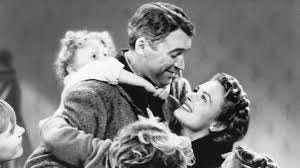Diary of the Late Republic #6
Talking with a friend from central Pennsylvania. She spoke of reading an obituary of a local resident who lived a good life: company man; active community member; loving family. She was born just early enough to catch the life of that town before it had a traffic light—a population consisting of factory workers, farmers, and professionals like bankers and schoolteachers (when it seemed plausible to lump the two together). Retirees from the local plant set up lawn chairs along the road during summer celebrations staking their claim to the community. Nowadays, it’s more of a commuting town—striking distance of Baltimore and Harrisburg. Target, Walmart, T.J. Maxx. Far more diverse.
She wasn’t complaining: this is what life is like. Her nostalgia could only go so far—she grew up a child of divorce, a decision the person who initiated it lived to regret. She knew her children would be uncomprehending when she sent them the obituary for someone she didn’t know. But they’ll learn soon enough. Success is not a number in a bank account. Nor a value you can precisely fix. It ends up more, sometimes less, and maybe other than you think.




Going south, we watched spring
unroll like a proper novel:
forsythia, dogwood, rose;
bare trees, green lace, full shade.
By the time we arrived in Georgia
the complications were deep.
When we drove back, we read
from back to front. Maroon went wild,
went scarlet, burned once more
and then withdrew into pink,
tentative, still in bud.
I thought if only we could go on
and meet again, shy as strangers.
Lisel Mueller (February 8, 1924 – February 21, 2020)
Fled Nazi Germany, arriving in the US at age 15. Taught writing at the University of Chicago.